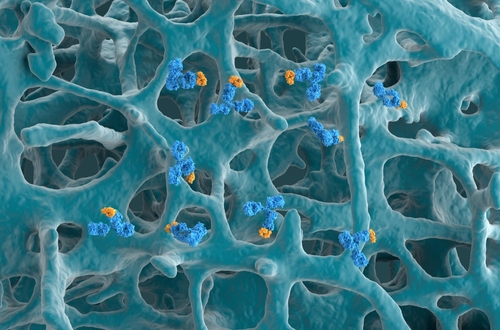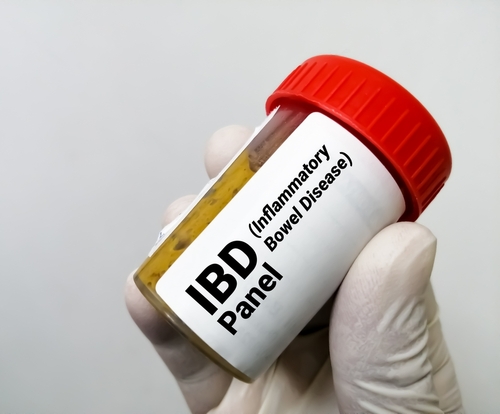
Individuals with asthma, especially those with overall poor asthma control, frequently report experiencing subpar sleep quality. Yet there is a lack of comprehension regarding the potential influence of underlying sleep disorders, such as insomnia, on asthma management.
“Given the frequent overlap of depression and insomnia, the incremental impact of mood disorders and insomnia on asthma control remains unclear,” authors of a study in the Journal of Asthma wrote. They “conducted a retrospective analysis of patients at a large asthma center to further elucidate connections between these disease processes.”
Asthma patients with and without a diagnosis of insomnia were matched 1:1 based on demographic and clinical factors, including age, sex, Charlson Comorbidity Index score, and biologic therapy. Through a retrospective analysis of 659 patients, 89 subjects with insomnia (13.5%) were identified and compared with a matched control group.
The study reported that patients with insomnia were significantly more likely to have concurrent obstructive sleep apnea than those without insomnia. Specifically, 57.3% of patients with insomnia had concurrent obstructive sleep apnea compared with 18.0% of patients without (P<.001).
More than two-thirds of patients with insomnia (68.5%) had a diagnosis of depression or anxiety compared with 11.4% of patients without (P<.0001).
Among patients with insomnia, there was an average of 0.93 asthma exacerbations per year, significantly higher than the 0.59 exacerbations per year observed in those without insomnia (P=.039).
“Our data reveal a considerable interaction between insomnia, depression, and obstructive sleep apnea in individuals with asthma,” the authors concluded. “The increased exacerbation rate suggests that underlying sleep and mood disorders negatively affect asthma control.”







 © 2025 Mashup Media, LLC, a Formedics Property. All Rights Reserved.
© 2025 Mashup Media, LLC, a Formedics Property. All Rights Reserved.